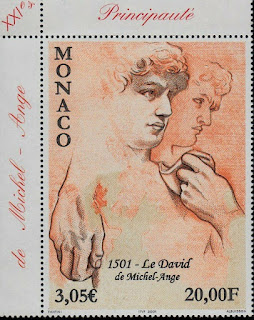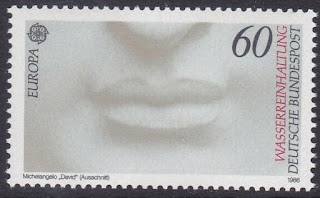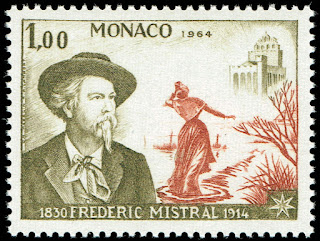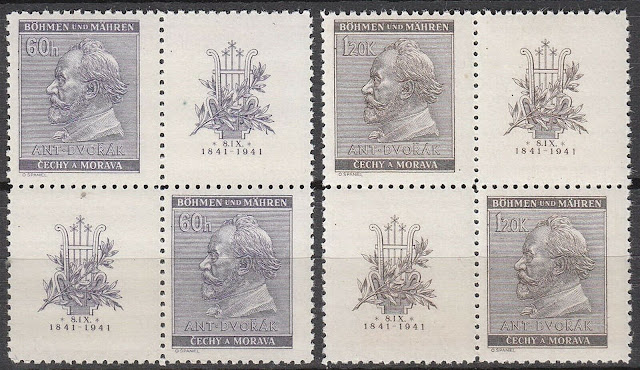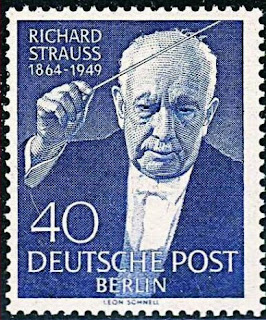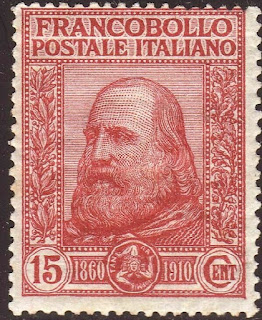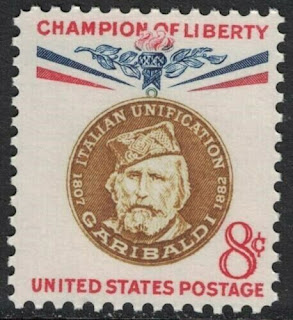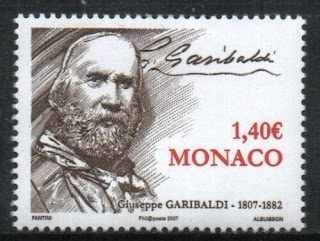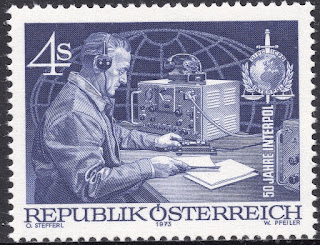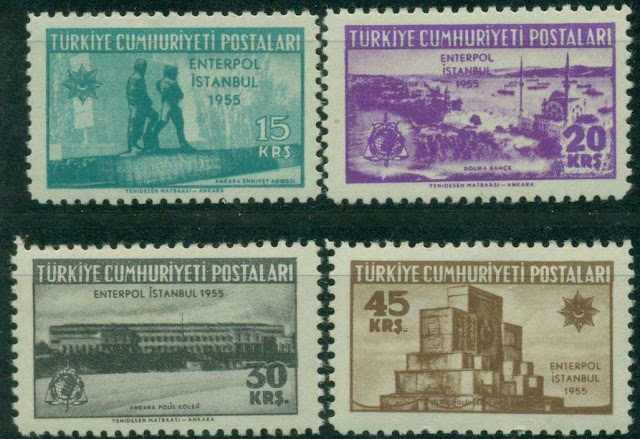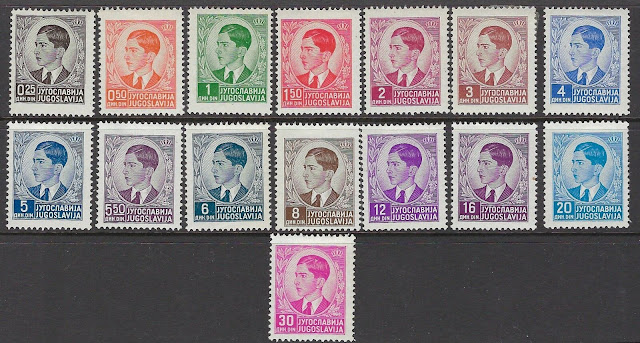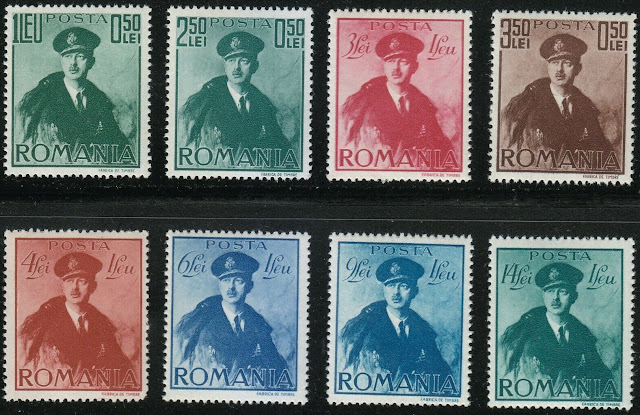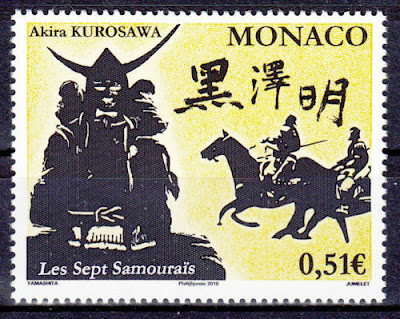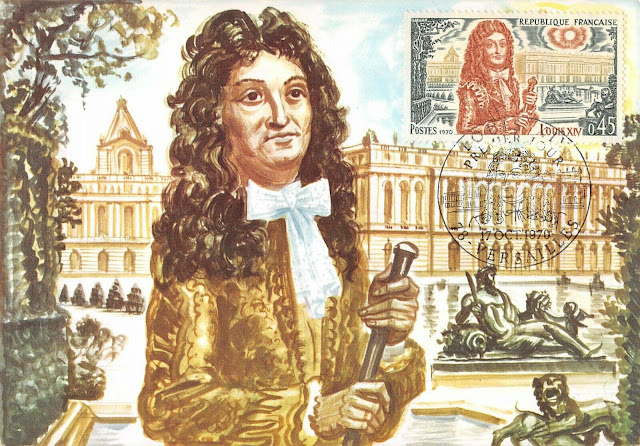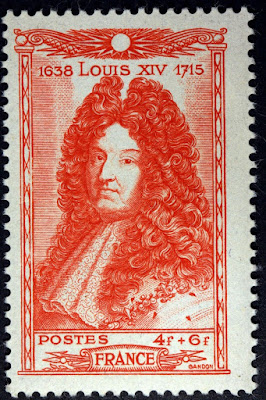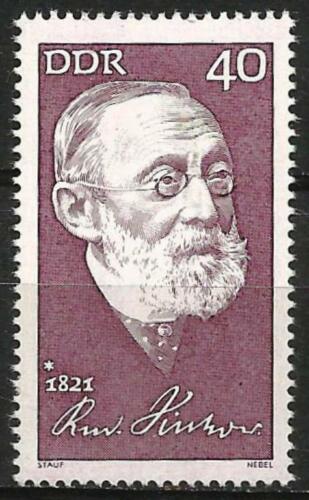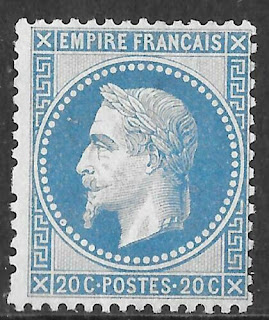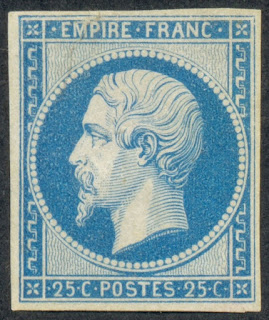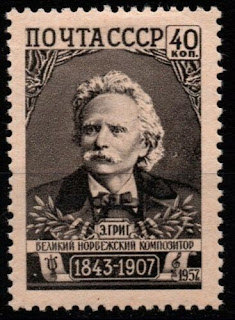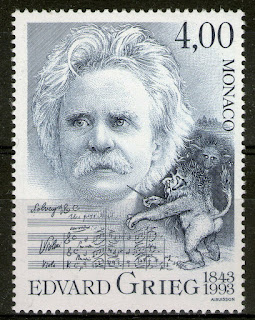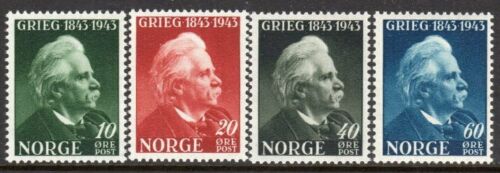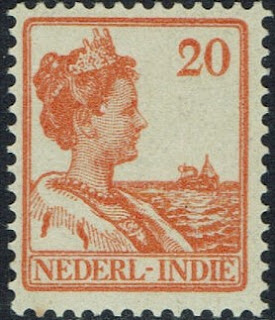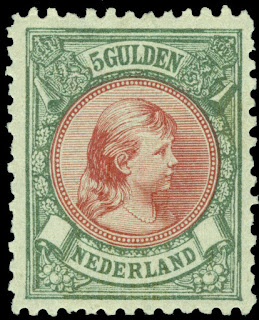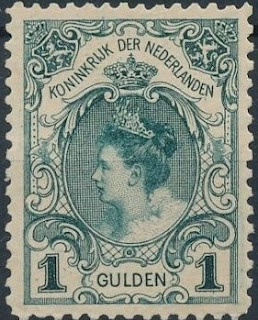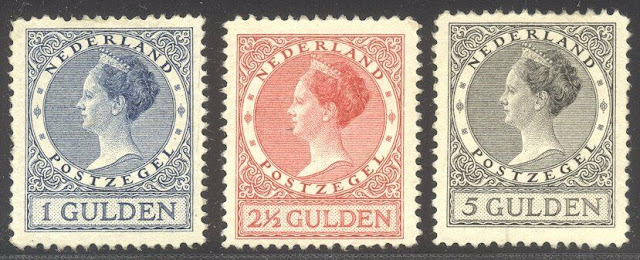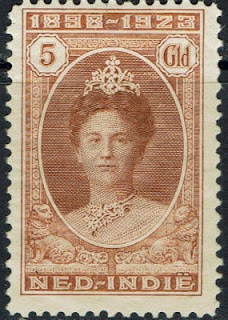Here are some events that happened on September 5th. It could be an event or a person that died or was born on that day
1638 Born: Louis XIV, king of France (d. 1715)
Louis XIV (Louis Dieudonné; 5 September 1638 – 1 September 1715), known as Louis the Great (Louis le Grand) or the Sun King (le Roi Soleil), was King of France from 14 May 1643 until his death in 1715. His reign of 72 years and 110 days is the longest recorded of any monarch of a sovereign country in European history. In the age of absolutism in Europe, Louis XIV's France was a leader in the growing centralization of power.
Louis began his personal rule of France in 1661, after the death of his chief minister, the Italian Cardinal Mazarin. An adherent of the concept of the divine right of kings, Louis continued his predecessors' work of creating a centralized state governed from the capital. He sought to eliminate the remnants of feudalism persisting in parts of France and, by compelling many members of the nobility to inhabit his lavish Palace of Versailles, succeeded in pacifying the aristocracy, many members of which had participated in the Fronde rebellion during Louis' minority. By these means he became one of the most powerful French monarchs and consolidated a system of absolute monarchical rule in France that endured until the French Revolution.
Some France stamps and a maximum card depicting Louis XIV
1877 Died: Crazy Horse, American tribal leader (b. 1849)
Crazy Horse (1840 – September 5, 1877) was a Lakota war leader of the Oglala band in the 19th century. He took up arms against the United States federal government to fight against encroachment by white American settlers on Native American territory and to preserve the traditional way of life of the Lakota people. His participation in several famous battles of the Black Hills War on the northern Great Plains, among them the Fetterman Fight in 1866 in which he acted as a decoy and the Battle of the Little Bighorn in 1876 in which he led a war party to victory, earned him great respect from both his enemies and his own people.
In September 1877, four months after surrendering to U.S. troops under General George Crook, Crazy Horse was fatally wounded by a bayonet-wielding military guard while allegedly resisting imprisonment at Camp Robinson in present-day Nebraska. He ranks among the most notable and iconic of Native American warriors and was honored by the U.S. Postal Service in 1982 with a 13¢ Great Americans series postage stamp.
You can see that stamp below

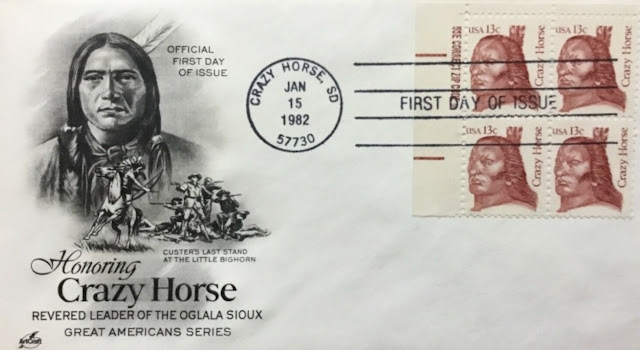
1902 Died: Rudolf Virchow, German physician, biologist, and politician (b. 1821)
Rudolf Virchow (13 October 1821 – 5 September 1902) was a German physician, anthropologist, pathologist, prehistorian, biologist, writer, editor, and politician. He is known as "the father of modern pathology" and as the founder of social medicine, and to his colleagues, the "Pope of medicine". He received the Copley Medal in 1892. He was a foreign member of the Royal Swedish Academy of Sciences and was elected to the Prussian Academy of Sciences, but he declined to be ennobled as "von Virchow".
Virchow studied medicine at the Friedrich Wilhelm University under Johannes Peter Müller. He worked at the Charité hospital under Robert Froriep, whom he succeeded as the prosector. His investigation of the 1847–1848 typhus epidemic in Upper Silesia laid the foundation for public health in Germany, and paved his political and social careers. From it, he coined a well known aphorism: "Medicine is a social science, and politics is nothing else but medicine on a large scale". He participated in the Revolution of 1848, which led to his expulsion from Charité the next year. He then published a newspaper Die Medizinische Reform (The Medical Reform). He took the first Chair of Pathological Anatomy at the University of Würzburg in 1849. After five years, Charité reinstated him to its new Institute for Pathology. He co-founded the political party Deutsche Fortschrittspartei, and was elected to the Prussian House of Representatives and won a seat in the Reichstag. His opposition to Otto von Bismarck's financial policy resulted in an anecdotal "Sausage Duel", although he supported Bismarck in his anti-Catholic campaigns, which he named Kulturkampf ("culture struggle").
A prolific writer, he produced more than 2000 scientific writings. Cellular Pathology (1858), regarded as the root of modern pathology, introduced the third dictum in cell theory: Omnis cellula e cellula ("All cells come from cells"). He was a co-founder of Physikalisch-Medizinische Gesellschaft in 1849 and Deutsche Gesellschaft für Pathologie in 1897. He founded journals such as Archiv für Pathologische Anatomie und Physiologie und für Klinische Medicin (with Benno Reinhardt in 1847, from 1903 under the title Virchows Archiv), and Zeitschrift für Ethnologie (Journal of Ethnology). The latter is published by German Anthropological Association and the Berlin Society for Anthropology, Ethnology and Prehistory, the societies which he also founded.
Virchow was the first to describe and christen diseases such as leukemia, chordoma, ochronosis, embolism, and thrombosis. He coined biological terms such as "chromatin", "neuroglia", "agenesis", "parenchyma", "osteoid", "amyloid degeneration", and "spina bifida"; terms such as Virchow's node, Virchow–Robin spaces, Virchow–Seckel syndrome, and Virchow's triad are named after him. His description of the life cycle of a roundworm Trichinella spiralis influenced the practice of meat inspection. He developed the first systematic method of autopsy, and introduced hair analysis in forensic investigation. Virchow was critical of Ignaz Semmelweis and his idea of disinfecting, who said of him, "Explorers of nature recognize no bugbears other than individuals who speculate". He was critical of what he described as "Nordic mysticism" regarding the Aryan race. As an anti-evolutionist, he called Charles Darwin an "ignoramus" and his own student Ernst Haeckel a "fool". He described the original specimen of Neanderthal man as nothing but that of a deformed human.
Stamps from East Germany and Berlin depicting Rudolf Virchow
1946 Born: Freddie Mercury, Tanzanian-English singer-songwriter, lead vocalist of Queen, and producer (d. 1991)
Freddie Mercury (born Farrokh Bulsara; 5 September 1946 – 24 November 1991) was a British singer, songwriter, record producer, and lead vocalist of the rock band Queen. Regarded as one of the greatest lead singers in the history of rock music, he was known for his flamboyant stage persona and four-octave vocal range. Mercury defied the conventions of a rock frontman, with his highly theatrical style influencing the artistic direction of Queen.
Born in 1946 in Zanzibar to Parsi-Indian parents, he attended English-style boarding schools in India from the age of eight and returned to Zanzibar after secondary school. In 1964, his family fled the Zanzibar Revolution, moving to Middlesex, England. Having studied and written music for years, he formed Queen in 1970 with guitarist Brian May and drummer Roger Taylor. Mercury wrote numerous hits for Queen, including "Killer Queen", "Bohemian Rhapsody", "Somebody to Love", "We Are the Champions", "Don't Stop Me Now", and "Crazy Little Thing Called Love". His charismatic stage performances often saw him interact with the audience, as displayed at the 1985 Live Aid concert. He also led a solo career and served as a producer and guest musician for other artists.
Mercury died in 1991 at age 45 due to complications from AIDS. He confirmed the day before his death that he had contracted the disease, having been diagnosed in 1987. Mercury had continued to record with Queen following his diagnosis, and he was posthumously featured on the band’s final album, Made in Heaven (1995). In 1992, his tribute concert was held at Wembley Stadium. His career with Queen was dramatised in the 2018 biopic Bohemian Rhapsody.
As a member of Queen, Mercury was posthumously inducted into the Rock and Roll Hall of Fame in 2001, the Songwriters Hall of Fame in 2003, and the UK Music Hall of Fame in 2004. In 1990, he and the other Queen members were awarded the Brit Award for Outstanding Contribution to British Music, and one year after his death Mercury was awarded it individually. In 2005, Queen were awarded an Ivor Novello Award for Outstanding Song Collection from the British Academy of Songwriters, Composers, and Authors. In 2002, Mercury ranked number 58 in the BBC's poll of the 100 Greatest Britons.
Great Britain stamps depicting Freddie Mercury and Queen

